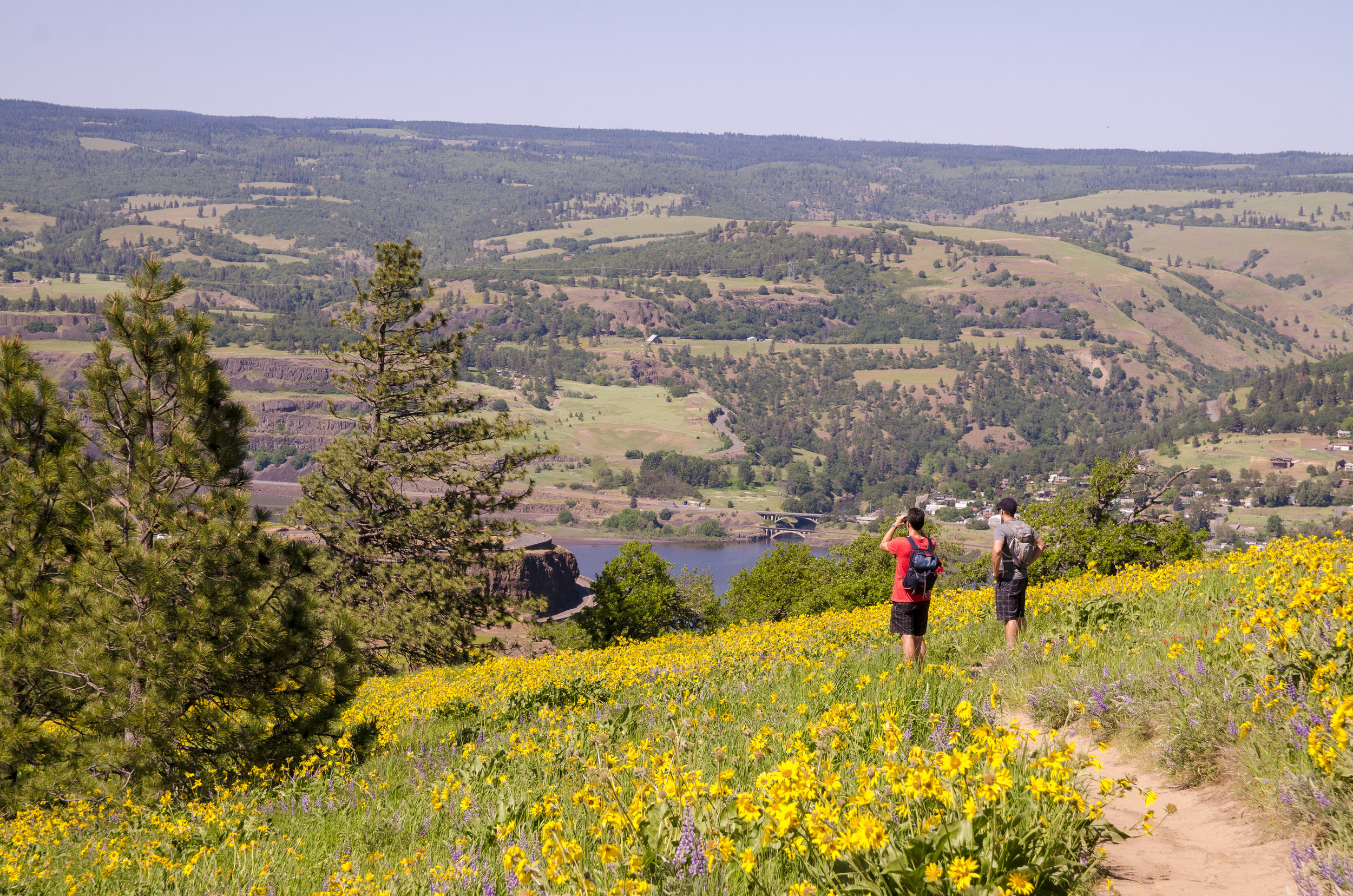big, improbable ideas
/This week I read a statistic that troubled me. On the YouVersion app, which populates different Bible reading plans and similar resources, a reading plan covering the theme of “justice” in the Bible has a 70% user completion rate.
The problem? It’s only a three-day plan.
That is, only 70% of people who sign up for a reading plan that will take three days can actually follow through on those three days.
It’s not surprising. We all know that our attention spans are shrinking, our lives are getting busier, and longform content is becoming less and less popular. We’d rather get the one-minute summary video with an eye-catching slideshow than take in the full depth and breadth of a topic. But it is still troubling.
One of the biggest projects I’ve created through this blog so far is a plan to read through the Bible in 180 days. If 30% of people won’t follow through for three days, how many will still be in it at the end of 180? One percent? Less?
Part of me fears that my vision is too big. It’s too much to expect of people, to read through the whole Bible. It takes too long. They don’t want to do it. They’re too busy. They’re too distracted. It’s one of those lovely, big ideas that I should probably pass off as improbable, if not impossible.
And I know that IT IS a hard task. I myself took this year off from Bible180, because it’s a big investment of time, energy, and brainspace to read through the whole Bible in such a concentrated amount of time. But whether you try to read the Bible in seven days, 180 days, or 365 days - it’s still going to be a really big book that requires really big commitment. We can’t distill it down to a one-minute video and still capture the beauty and complexity of who God is and what He has done.
And I know this, too: There are people that have completed Bible180 from beginning to end. Some of them within the 180-day timeframe, some of them taking a bit longer, but they’ve done it. I know who they are. They’ve shared with me how it has impacted them. Even the ones who made it to Deuteronomy, or to Jeremiah, or to the end of the Old Testament - they experienced transformation, too.
There is a pressure to make things easier. Faster. More bite-size, accessible, watered down. There are plenty of voices telling me I have too many big, improbable ideas - that nobody wants to do that much work.
But I contend that some of us are hungry to put in the work.
Some of us are hungry for the dense, nutritious meat of the Word. Some of us - probably more of us than anyone realizes - have been on a diluted diet for far too long, and we long to know God in His richness. His depth.
Maybe it isn’t about whether I can keep 500 people on task to read through the Bible that matters. Maybe it’s about whether the five or ten or twenty of them that were truly starving get fed.
The Bible school that I attended in Florida attracts one, maybe two dozen students every year. Not the hundreds or thousands that other institutions can boast. But the ones that uproot their lives to spend their days marinating in the fullness of the Bible, the ones that put dollars and hours behind their desire to learn from its every page whether they ever reap a tangible return on the investment or not - these are just one example of the truly hungry. And when the truly hungry seek after what can truly satisfy, they will be filled - even as their appetites are whetted for more.
Blessed are those who hunger and thirst for righteousness, for they shall be satisfied.
Matthew 5:6
We’re all in different places in our walks with Jesus. Some of us need the milk-based diet - we are babies and we need someone else to hold the spoon. Some of us have been stuck on milk for a bit too long, but haven’t yet identified our real need for something different. Some of us have long outgrown the liquid diet and our souls are crying out for more substantial nutrition - and the skills to feed ourselves - to fuel our growth.
There’s a good place for cutting things up into bite-size pieces. But to the fear that I have too many big, improbable ideas that “no one” will ever want to partake in, I say that’s not true. Because I am someone, and I am starving, and I know that I am not the only one.
Are you one of the hungry ones? I’d love to hear about your experience with the Bible and what you feel is missing from your current spiritual “diet.” Leave me a comment below!
(The photos in this post were taken on a recent hike to McCall Point, Columbia River Gorge.)











